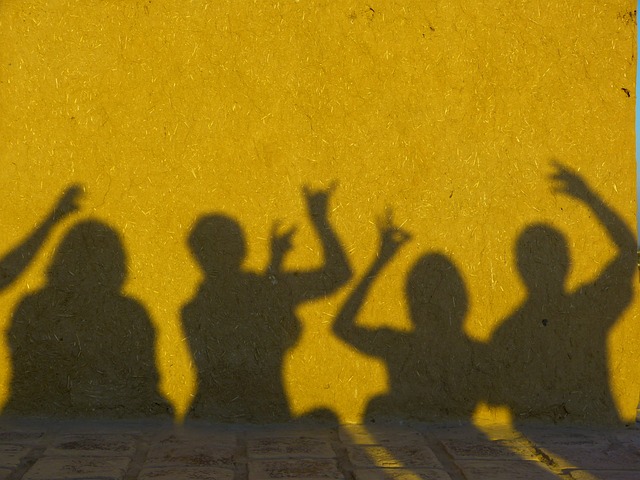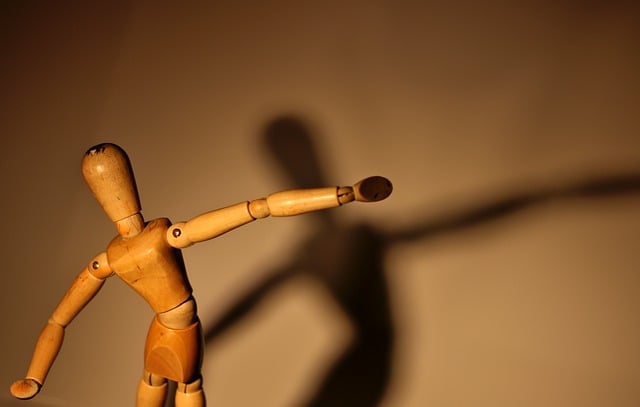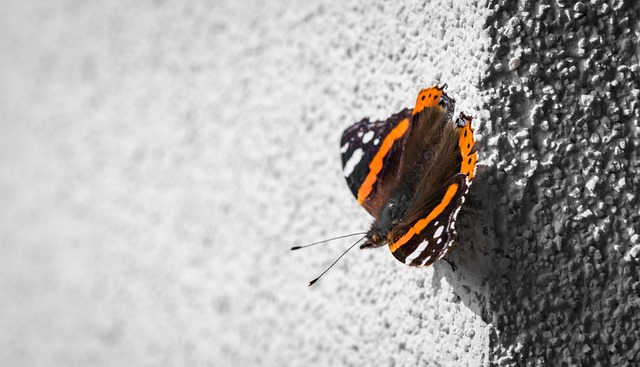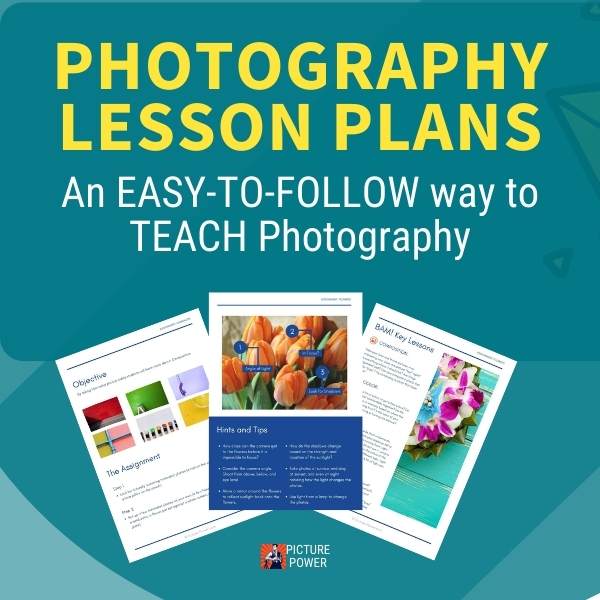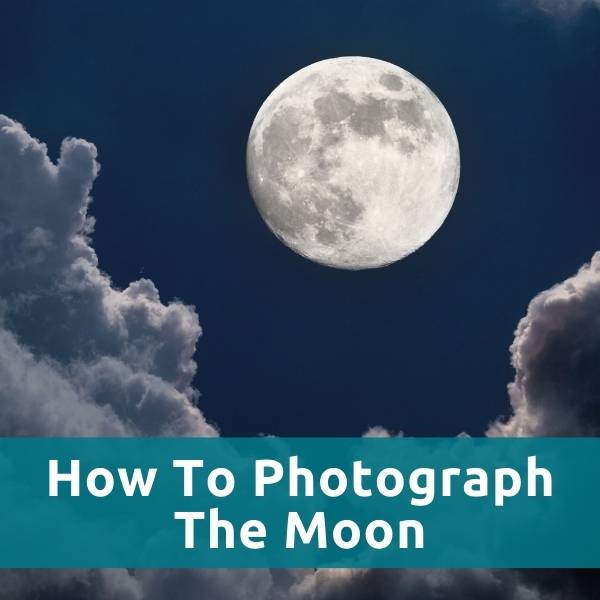shadows unveiled: 5 ways to decode the language of light in photography
In the realm of photography, shadows are not mere ephemeral companions to objects but serve as powerful storytellers, revealing crucial information about the type of lighting at play.
As the saying goes, "Shadows describe light," and in this post, we'll enhance your photography lessons for kids by delving into the significance of shadows as an invaluable tool for discerning the nature of lighting in a photograph.
Photography lesson plans pack (Printables)
Jump right into teaching photography with our exclusive Photography Lesson Plans pack.
Includes:
- 10 Photography Lesson Plans
- 1 Teacher's Guide
- 3 Photography Study Guides
- 30-Day Photography Challenge
- 1 Student Workbook
- 24 Cut-Out Photo Flash Cards
- 1 Photo Scavenger Hunt
5 ways to decode the language of light in photography

photography lessons for kids #1:
Shadows as Indicators of Light Quality
The distinctness of shadows holds the key to understanding the quality of light. In photography, light is categorized into two main types: hard and soft.
Hard light produces well-defined, sharp-edged shadows, while soft light results in shadows with gradual transitions.
By closely examining the shadows, photographers can unveil the quality of light, influencing the overall mood and atmosphere of an image.

photography lessons for kids #2:
Hard Light: Unveiling Drama and Contrast
Hard light, often synonymous with direct sunlight or focused artificial lighting, creates shadows with pronounced edges. These shadows convey a sense of drama, adding impactful contrast to a photograph.
By recognizing these sharp shadows, photographers can gauge the presence of hard light, offering opportunities for dynamic compositions and heightened visual impact.

photography lessons for kids #3:
Soft Light: Shadows with a Gentle Touch
Conversely, soft light, prevalent on cloudy days or when light is diffused through a larger source, results in shadows with softer edges.
These shadows gently embrace the contours of objects, providing a flattering and smooth appearance.
Recognizing these subtle shadows allows photographers to identify soft lighting conditions, ideal for portraits and scenes where a softer aesthetic is desired.

Photography lessons for kids #4:
The Play of Shadows: Directional Insights
Shadows are not only indicative of light quality but also offer clues about the direction of the light source.
By observing the elongation and position of shadows, photographers can discern the angle from which the light is originating.
This knowledge is paramount for crafting compositions that make the most of the available light and convey a sense of dimensionality.

photography lessons for kids #5:
Enhancing Texture and Detail
Shadows contribute to the visual feast by emphasizing textures and intricate details within a photograph.
In harsh, direct light, shadows intensify textures, adding depth and interest.
Meanwhile, soft shadows contribute to a more even illumination, showcasing details without the distraction of harsh contrasts.
Unlocking the Secrets of Light Through Shadows
In the language of photography, shadows are the eloquent narrators of light's characteristics.
As photographers, the ability to decipher the story shadows tell allows us to make informed decisions about composition, mood, and the overall visual impact of our images.
So, the next time you find yourself captivated by a photograph, take a moment to engage with its shadows—they might just be revealing the secrets of the light that painted the scene.
After all, in the intricate dance of light and shadow, the true artistry of photography unfolds.
Photography lesson plans Pack
Want more photography lesson plans for kids? You're in luck!
Check out our mega pack of lesson plan pack with assignments, teachers guide, flash cards and much more!
Learn more about our exclusive Photography Lesson Plans Pack for Teachers and Kids by clicking the button below...



